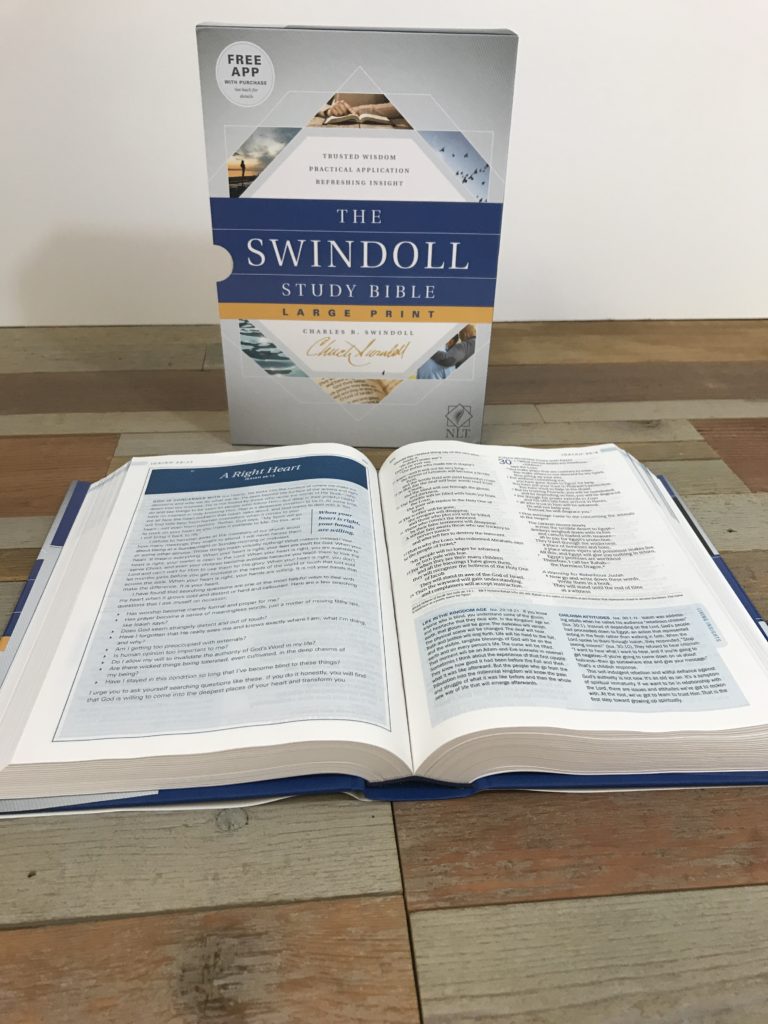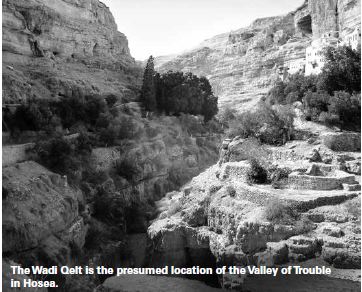Taken from the Swindoll Study Bible
“Then Joshua said to Achan, ‘My son, give glory to the Lord, the God of Israel, by telling the truth. Make your confession and tell me what you have done. Don’t hide it from me.’ Achan replied, ‘It is true! I have sinned against the Lord, the God of Israel. Among the plunder I saw a beautiful robe from Babylon, 200 silver coins, and a bar of gold weighing more than a pound. I wanted them so much that I took them. They are hidden in the ground beneath my tent, with the silver buried deeper than the rest.’” Joshua 7:19-21, NLT

After Joshua’s Victory at Jericho, the Israelites suffered defeat at Ai because a man named Achan had buried banned spoils of war under his tent (Josh. 7:1-26). Following this event, the valley of Achor (or the “Valley of Trouble”) served as a reminder of failure, setback, and defeat. The word Achor means “trouble,” so with a slight variation on Achan’s name, Joshua asked him, “Why have you brought trouble on us?” (Josh. 7:25). After Achan’s execution, the valley where he died took on the name “Valley of Trouble.” This valley may well be the Wadi Qelt just west of Jericho.

When the Jews returning from the Exile came across this story in the genealogical record, they would have remembered Achan as Achar, “disaster” But they also would have recalled that the prophets described the valley of Achor—a place once linked with sin, discipline, and death—as a place of promise. In Hosea, God declares that He will change the place from a site of trouble to a place of triumph. Most notably, the prophet Hosea spoke of the valley as a future “gateway of hope” (Hos. 2:15). Isaiah referred to the dry valley as the spot where herds will someday be pastured (Isa. 65:10).

The Valley of Trouble serves as a reminder that God can produce hope in spite of our worst situations. Even if the trouble we have experienced is a result of our own doing, God can heal us as we come to terms with and repent of our sin. As Christians, we have the promise that when we confess our buried, hidden sins, God will “cleanse us from all wickedness” (1 Jn. 1:9)— even from those sins buried so deep we don’t know to confess them. Forgiveness in Christ is not an emotion to feel. It is a promise to claim. God can change our trouble into triumph, but how and when He chooses to do so is up to Him. We simply must cling to the promise that He will.


